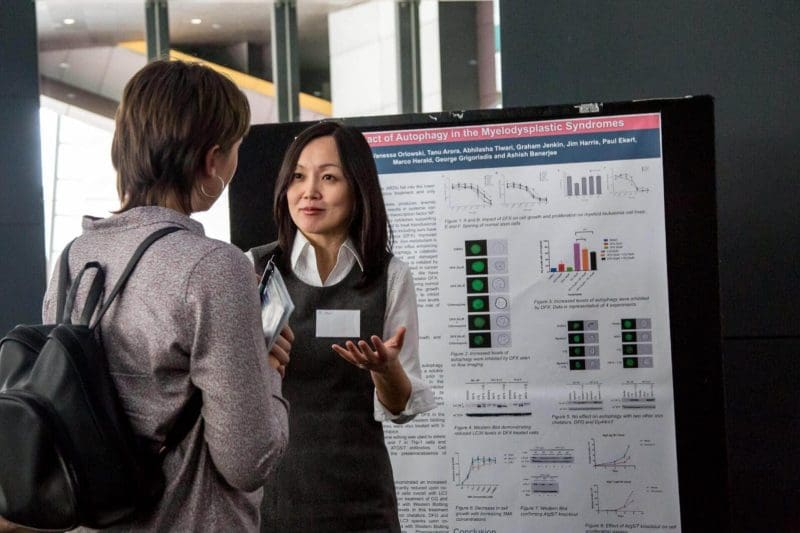In October 2018 the Academy responded to a consultation on the Women in STEM Decadal Plan, a 10-year roadmap jointly led by the Australian Academy of Science and the Australian Academy of Technology and Engineering.
In our response, we highlighted the opportunity for Australia to gain a competitive edge by addressing the issues and barriers faced by women in STEM and stressed the need to promote gender equity for women in the STEM sector, particularly those in health and medical research.
Employment issues, such as greater job security, policy and data-driven measures are important to address challenges that disproportionally affect women. Among other things, the Academy encourages gender equitable workplace policies and welcomes efforts to broaden parental leave, although there is still a need to acknowledge the impact childcare responsibilities have beyond the parental leave period. Rather than assessing career recognition through traditional output metrics (e.g. publications), we suggest that more emphasis should be put on the impact and translation of research.
Gender-equitable pathways are crucial to attract and retain women in STEM professions, particularly health and medical research careers. The Academy is committed to supporting and nurturing the future generation of leaders in health and medical research and our response highlighted the dual demands faced by clinician scientists in particular, who must manage both research and clinical career pathways, which can exacerbate the challenges faced by women in STEM.
Mentors are a crucial source of inspiration and guidance to researchers and the Academy is proud to currently have 36 participants in its mentorship program, of which 17 are women. Beyond this, the Academy has a gender-balanced council with a total of 19 members of which 10 are women (at the time of submission).

